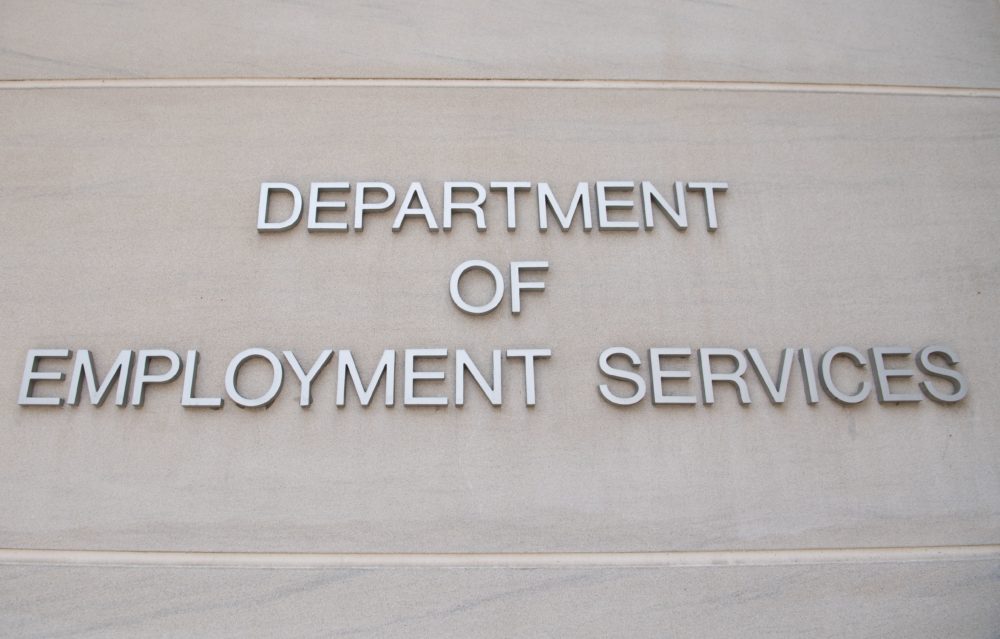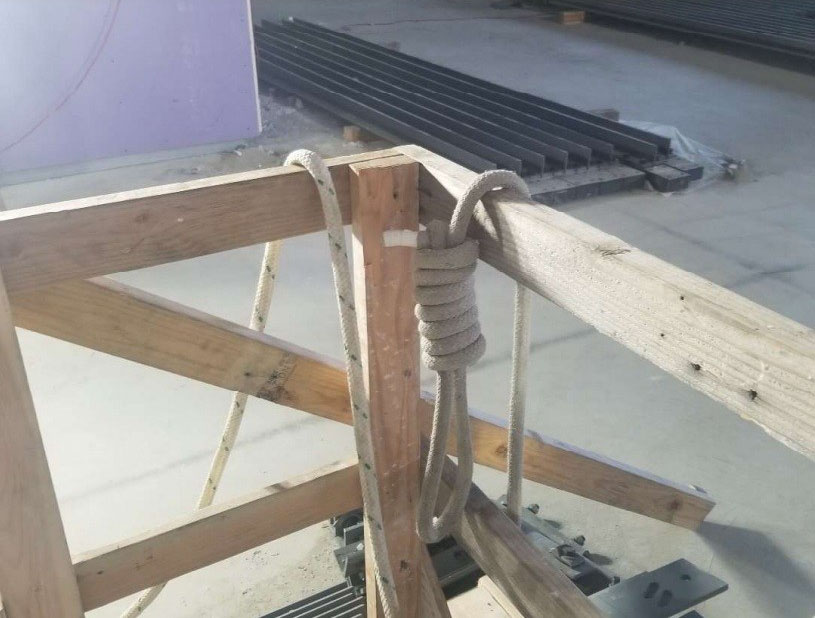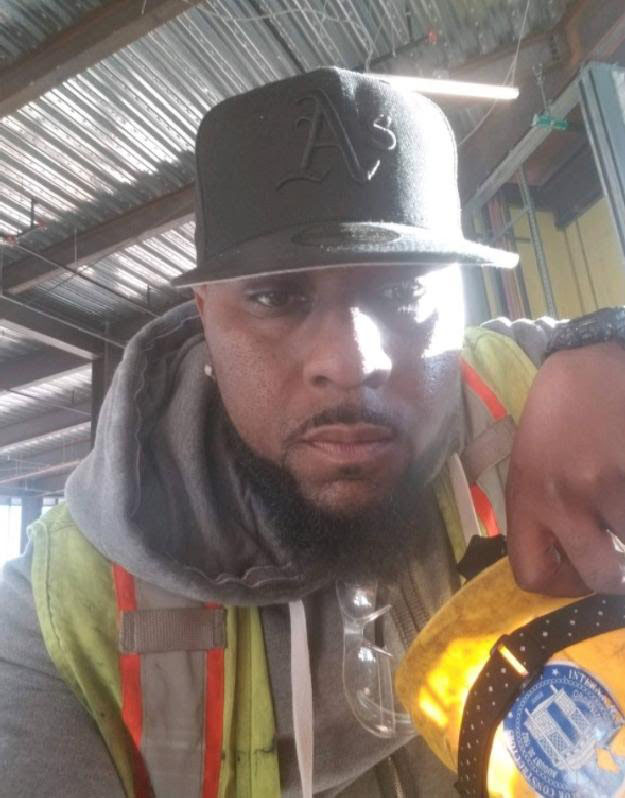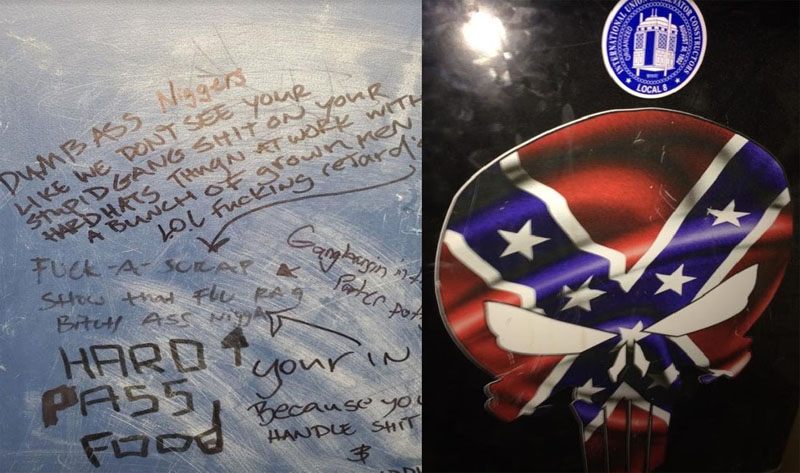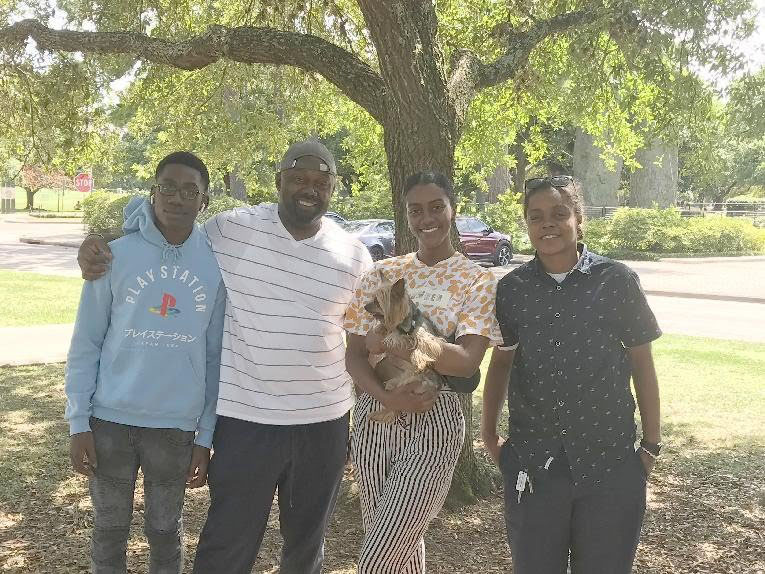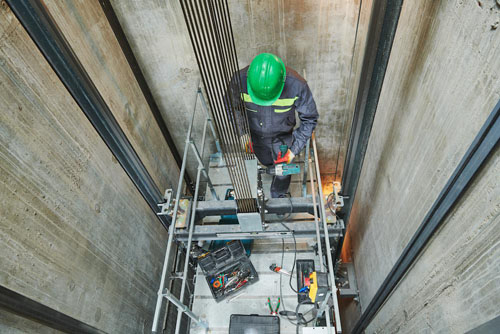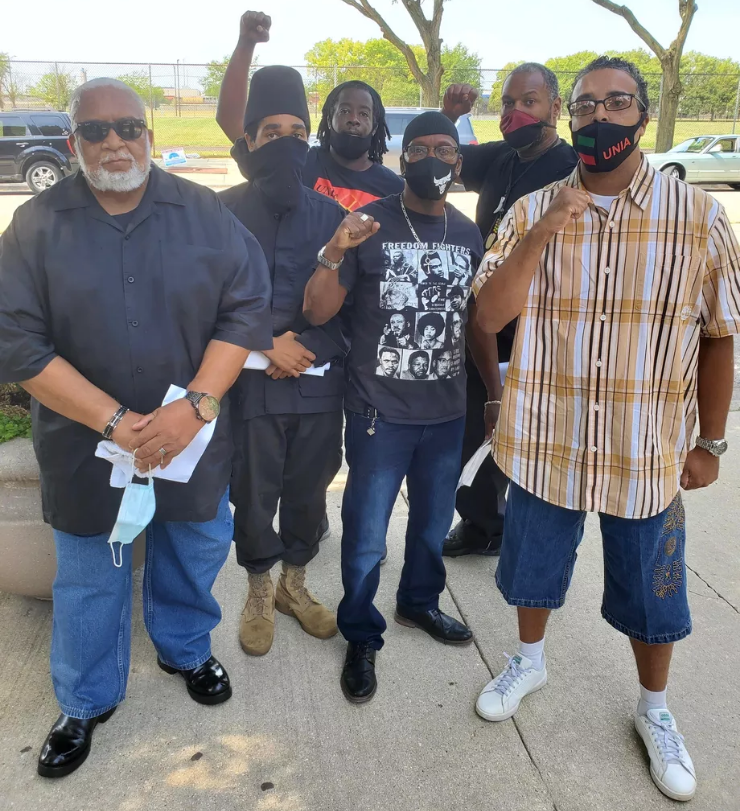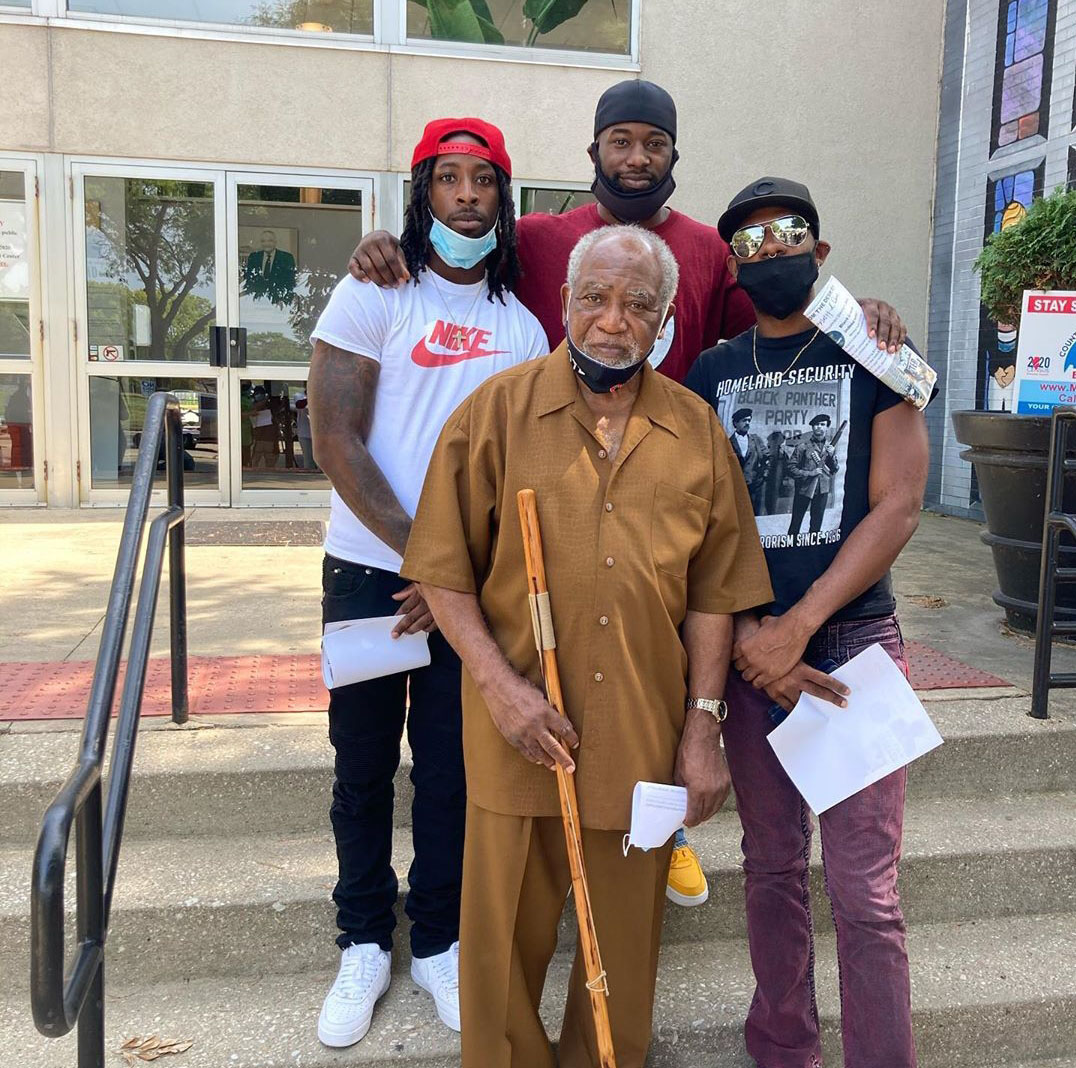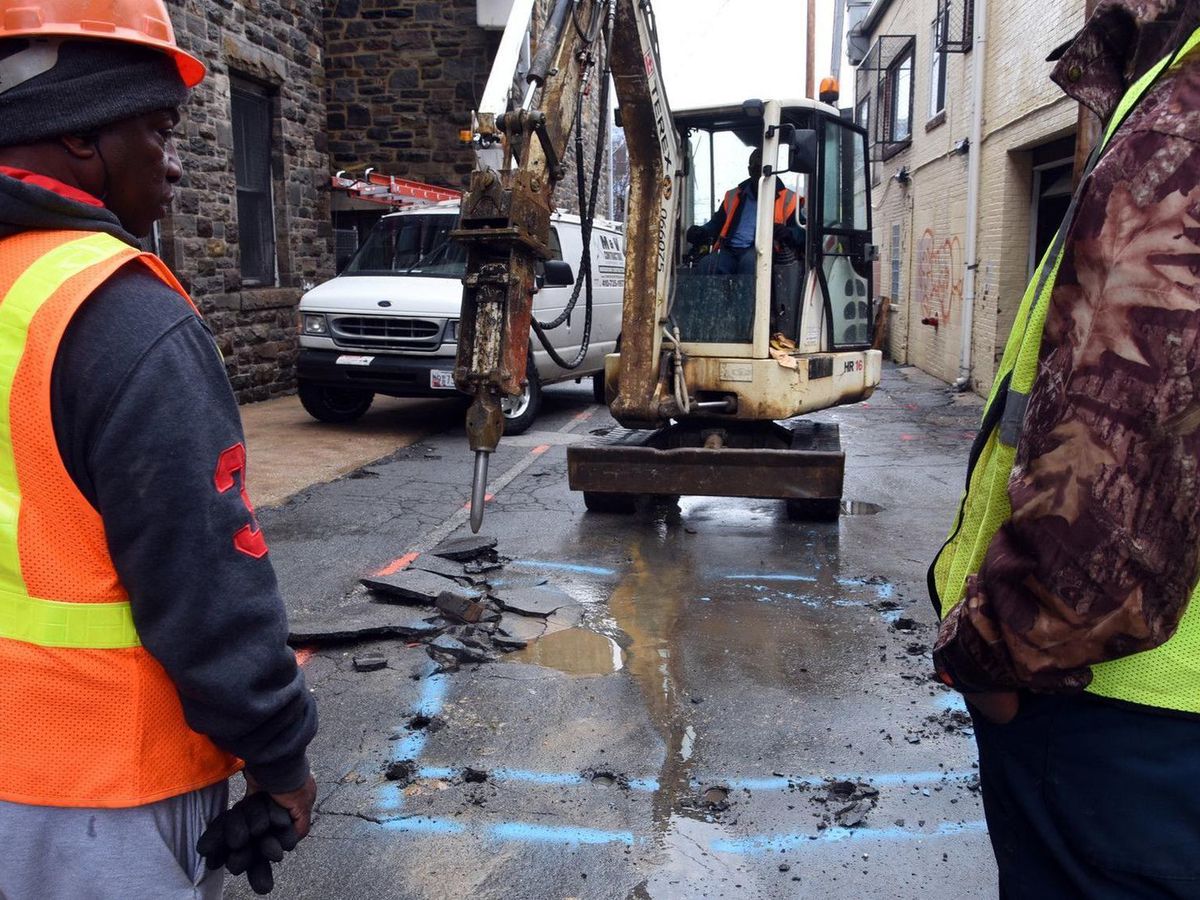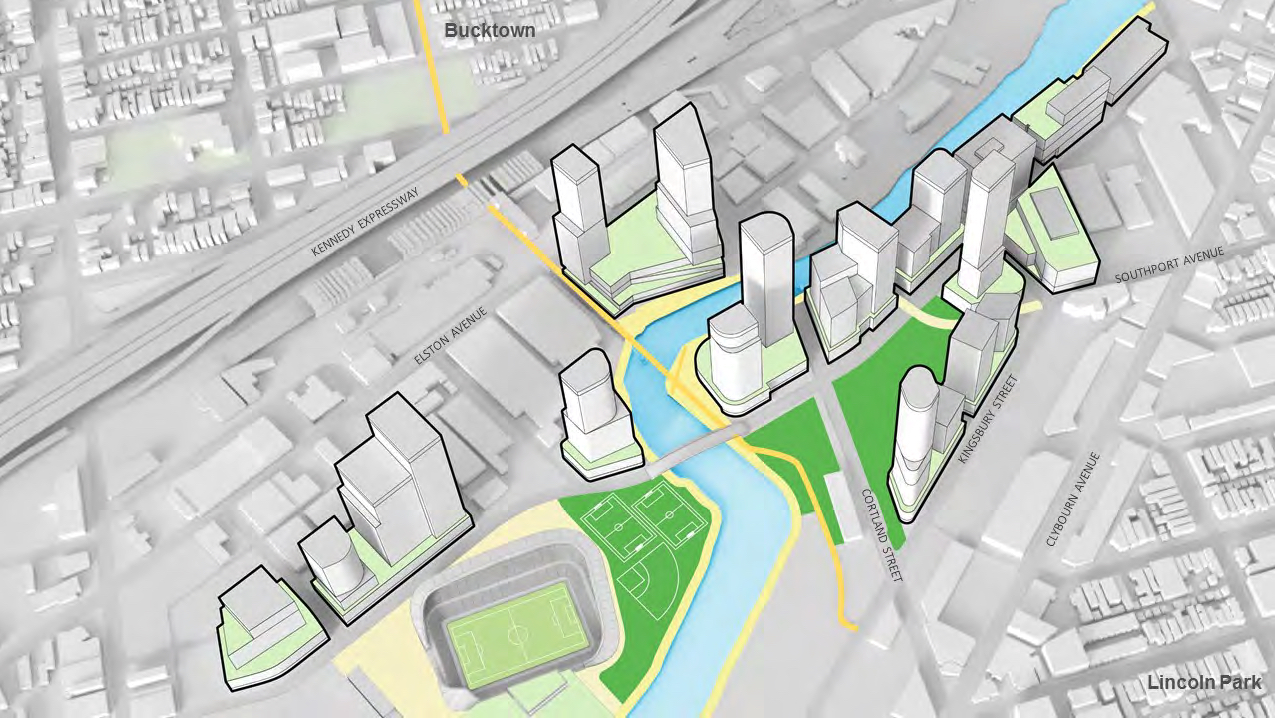Ray's article
As millions of families face economic hardships on an unparalleled
scale, President Trump and House Speaker Nancy Pelosi, both multi-millionaires,
continue to play hard ball with one another, and drag their feet as the federal
government remains locked in a stalemate over desperately needed coronavirus
relief funds for millions of struggling, and unemployed Americans.
Despite reaching a consensus in other areas like a second
round of stimulus checks, and additional bailouts for airlines and small businesses,
Democrats and Republicans are still unable to find common ground on enhanced
unemployment benefits; more than two months after the expiration of a prior,
$600 weekly subsidy that had helped keep millions of households afloat.
Unemployment benefits for more than 26 million Americans receiving jobless benefits as of mid-September appears to be the key
sticking point in the negotiations, seven months into the COVID charged economic crisis that
crippled working class family’s nationwide.
As Republicans and the President are adamant that the
additional $600 unemployment benefit discourages workers from returning to
work, Democrats want to reinstate the $600 weekly payments, which came on top of
state-allotted aid before expiring in July, in order to help bolster consumer spending and the U.S. economy as
signs have emerged that the economic recovery is coming up short.
House Democrats narrowly passed a $2.2 trillion relief
package on Thursday that would extend a $600-a-week supplement to unemployment
benefits through January 2021. Federal lawmakers had enacted that weekly
enhancement as part of the $2.2 trillion CARES Act relief law in March. Those
additional relief funds expired and stopped being paid to unemployed workers at
the end of July.
After the initial CARES Act expired, the Trump administration later enacted a Lost Wages Assistance program in August that offered a $300 weekly supplement to unemployment benefits for only up to six weeks, paid for with federal disaster relief funds. (A few states paid an extra $100, for a total of $400). Trump and the Republicans are seeking to extend this program, which is $200 a week less than the Democrats plan.
But workers in some states haven’t yet received that aid, due to bureaucratic administrative delays. And hundreds of thousands of workers, primarily low-income and part-time workers, weren’t eligible for that money due to program guidelines that deemed there income too low to qualify. This exclusion has created immeasurable financial damages for low income workers, causing evictions and food shortages for those workers and their families.
The extra $300 unemployment weekly payment is over in some states. Here are the states that announced the end of the $300 bonus: Texas, Utah, Iowa, Florida, California, Arizona, Alabama, Georgia, Montana, North Carolina, Tennessee, Louisiana, West Virginia, Oklahoma, Idaho, New Hampshire, and Missouri.
States that have already exhausted the $300 bonus provided
by the Federal Emergency Management Agency won't be able to provide additional
funds to their unemployment benefits until the bickering stops, and this next continuous
stimulus bill is passed. After being approved, the extra jobless benefits would
likely only last for a few months, and would likely take an additional two to
four weeks for payments to flow to states and then recipients, according to the
experts.
Although both parties broadly agree on another round of $1,200 checks, the President and his Senate majority continue to count nickels during one of the worst recessions in U.S. history, and balk at the idea of reforming an unemployment system that pays less than a poverty wage to the most productive workers, in the wealthiest nation on the planet.
On average, states paid just $305 a week (about $1,220 a month,
before tax) in unemployment insurance to workers in August, according to Labor
Department data. Louisiana and Mississippi for example, paid much less, paying
just over $180 a week ($720 a month).
“If I am sent a Stand Alone Bill for Stimulus Checks
($1,200), they will go out to our great people IMMEDIATELY. I am ready to sign
right now. Are you listening Nancy?” the president tweeted late Tuesday. Later
Trump wrote “Move Fast, I Am Waiting To Sign!” in a retweet on the manner.
Trump’s tweets come as a reversal from his position earlier in the day, when he said he wanted Washington lawmakers to hold off on stimulus negotiations until after the election. Forcing many economists to scratch their heads as the stock market took a dive surrounding uncertainty amongst retailers and goods producers.
The president rejected Pelosi’s HEROES Act coronavirus
stimulus proposal, accusing her of “not negotiating in good faith.”
“I am rejecting their request, and looking to the future of
our Country. I have instructed my representatives to stop negotiating until
after the election when, immediately after I win, we will pass a major Stimulus
Bill that focuses on hardworking Americans and Small Business,” he tweeted.
A Trump re-election could lead to the quickest deal, while a Democratic sweep could lead to the largest amount of money for those unemployed. Although, the second scenario might be delayed until after the inauguration in January, both sides seem intent on using the public’s interest as collateral.
Not to be outdone in the social media mud slinging, Pelosi swung back In response to Trumps tweet, and issued a lengthy statement slamming Trump and his response to the pandemic as a whole. “Today, once again, President Trump showed his true colors: putting himself first at the expense of the country, with the full complicity of the GOP Members of Congress,”the House speaker said.
“Walking away from coronavirus talks demonstrates that
President Trump is unwilling to crush the virus, as is required by the Heroes
Act,” said Pelosi. “He’s just again rebounding from a terrible mistake he made
yesterday and the Republicans in Congress were going down the drain with him on
that,” she continued.
As a looming financial crisis is set to coincide with a bitter election, both political adversaries must put their political interests aside and do what’s right for the millions of struggling Americans, and CUT THA CHECK, including individual stimulus payouts ($1,200), in addition to weekly Federal unemployment benefits ($600) as soon as possible. Otherwise the next failure to nail a bill down for workers and small businesses, could result in a government shutdown, as the deadline is set for Dec. 11, such a catastrophic scenario would be disastrous for families that are in desperate need of immediate economic resources.
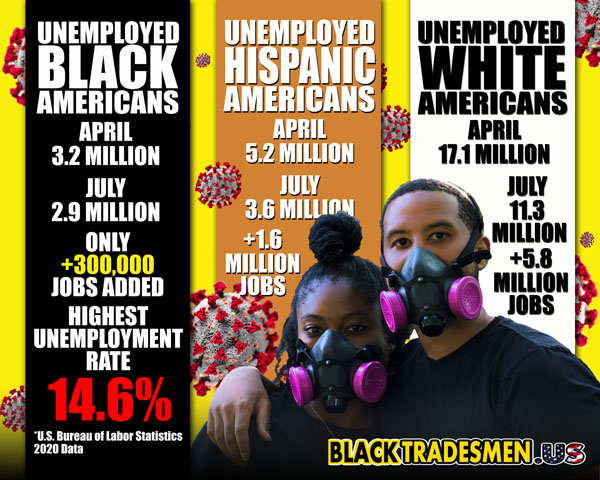
Four Bay Area Black union elevator mechanics, LeiRoi Bowie,
Gabriel Ross, Lavell Roberson and Craig Martin filed a lawsuit in Alameda
County Superior against Mitsubishi Electric claiming for years, their white supervisors
would refer to them and other black workers as “undesirables and lazy,” denied
them overtime opportunities, assigned them to menial tasks, used racial slurs,
subjected them to “Ku Klux Klan” graffiti, including lynching jokes, and placed
a noose - a horrifying signifier of black lynching’s - in their designated work
area.
The four Black mechanics worked on elevators at construction
sites throughout the Bay Area for Mitsubishi Electric, which is based in
Cypress in Southern California. Those construction sites included Apple in
Cupertino, the Hillsdale Mall in San Mateo, a Google building in Redwood City
and Harrison Street buildings in Oakland, among others.
“I was terrified,” said LeiRoi Bowie, after he found a noose
hanging in his assigned elevator in 2019 while he was working at a construction
site in Oakland . “I knew someone was sending a message about what happens to
people like me when we step where we don’t belong,” he said.
“I made a complaint to the head foreman and his response was
‘What do you want me to do about it?’ That was the type of attitude they gave
about the situation,” Bowie said, adding that he had to call another foreman,
then it went to the human resources department and his union. “But as far as
that day, I didn’t feel like we got anywhere.”
According to records, one person said to be involved told
Bowie it couldn’t be a real noose “because a noose has 13 loops, the scarier
part was when my superintendent came to the job he said the same thing,” said
Bowie.
While an apprentice admitted placing the noose next to the
elevator, the lawsuit says a witness corroborated that supervisors were also
involved in the placing the noose. The apprentice responsible for the attack also
threatened Bowie to ‘keep his name out of his mouth’ when he went to report the
noose, according to the lawsuit.
The four black tradesmen were not only subjected to the
racial images and graffiti in their general work area, but in the port-a-potty,
a common place were racist love posting graffiti, and also on the men’s
personal equipment as well.
The lawsuit which includes months of documented photographic evidence of racist graffiti, including ‘a hanging man’ drawn on an elevator entrance where Gabriel Ross was working in October 2019, a swastika a month later, the words “KKK” in the hallway in January 2020, and a ‘satanic stars and KKK’ written on his personal toolbox. All three incidents occurred at 385 14th Street in downtown Oakland.
The images were not isolated to one job site location. This July,
Ross saw a drawing of a person bent over and the “BLM” written with an arrow
pointing at the person’s buttocks in the bathroom at 75 Howard Street in San
Francisco.
“You see it (racist graffiti) so much it becomes part of
your daily work. It becomes normal. It’s always been around and I feel like it’s
always going to be around,” said Bowie.
Another white apprentice, who admitted to drawing some of
the racist images, was not immediately fired, but instead was only temporarily reassigned
by Mitsubishi electric to another project. The apprentice was later brought back
to continue work on the same job site as Ross, according to the lawsuit.
Ross also says the apprentice who was responsible for the racist attacks threatened him and called him a “rat motherfucker” for reporting his conduct to HR. Ross said he felt like he was being attacked for complaining about the incident, even though he was the victim.
“It’s obvious they didn’t care or take it seriously,” he
said. And when Ross saw the noose at Bowie’s site a year later, he felt like
things were quickly escalating.
“It is a direct attack on us as Black men. For me to have my friends attacked like that. I felt it myself. I felt like my life was in danger, like his life in danger,” Ross said. “The graffiti was one thing and they dealt with that lightly. I’m like what’s next?”
The lawsuit also alleges that one white Mitsubishi supervisor in charge, had a large Confederate flag sticker posted on his toolbox, inscribed with the words “RIGGIN,” which he would ask employees to read backwards. The supervisor would also regularly draw Confederate flags on elevators and tables, according to the black mechanics.
Ross said he sent a photo of the supervisor’s toolbox to the
company’s HR director to no avail. “The sign had been there for many years and
she was aware of it, yet failed to discipline Mr. Florence for his conduct,”
the lawsuit says of the HR director.
The lawsuit also describes a pattern of verbal harassment,
and racially charged derogatory statements made Mitsubishi employee towards the
four Black Tradesmen.
The lawsuit details accounts of a Mitsubishi Superintendent who regularly used the “N-word” on job sites despite employee complaints. In on account mechanic Lavell Roberson was subjected to the superintendent’s racist remarks. According to the complaint, at one point, he asked Roberson “How do you get a Black guy out of the tree? Cut the rope.”
Union mechanic Craig Martin says he was also regularly harassed by co-workers cracking racist jokes at his expense while trying to impress an adjuster. Like the time a Mitsubishi employee named in the lawsuit said to Martin, “Man, if maybe you didn’t stay in the ghetto you wouldn’t be so dumb,” or “Where did you learn to do elevators, in the hood?” Or another time when in front of a food truck he told Martin “go get that chicken, you like that chicken man.”
The lawsuit says the adjuster and the superintendent
discouraged advancement and denied Black mechanics training opportunities,
repeatedly referring to Black mechanics as “undesirables.” When Roberson
expressed an interest in a superintendent position, the superintendent told him
“shut that down” and blocked his application, the complaint says.
New white hires from out of state were also given housing accommodations, a benefit not offered to Black out-of-state hires like Roberson. Though the superintendent specifically promised this benefit to Roberson he revoked it after meeting Roberson in person according to the lawsuit.
Craig Martin, who is 50 year old, suffered a stroke roughly
two years after starting with Mitsubishi Electric, which he attributes in large
part to the stress he underwent in a hostile and racist work environment.
Martin says a few days after he returned home from the hospital, his supervisor showed up at his home with his last check and a termination notice. He was allowed to return to work only after he complained to his union.
“Imagine the emotional toll that takes to be told that
you’re fired when you’re recovering from a stroke brought on by the stress of
the harassment you’re going through in the workplace,” said Attorney Larry
Organ with the Civil Rights Law group representing the four Black Tradesmen.
“All they wanted to do was get a paycheck and not be harassed,” he added.
In 26 years as a civil rights attorney, “I’ve never seen this spectrum of hateful conduct that is actually documented with pictures so that we know what happened. It just shows you what’s going on right now even here in the Bay Area,” he said. “It’s very discouraging that this is going on in the Bay Area and it highlights the level of empowerment that people with racist views have.
“Our clients complained to supervisors, managers, and HR for
several years and the conduct was out in the open. These are things people
could easily see and yet they didn’t do anything.”
“The elevator mechanic trade is predominantly white,” said LeiRoi Bowie. And according to labor data this is overwhelmingly true, less than 5% of elevator mechanics nationwide are African-American/Black native born.
Although being subjected to threats and unparalleled racial harassment
all four of the Black Tradesmen remain resolute in their efforts to thrive in
their trade. “I’m not going to let somebody drive me out of something I love,” said
Gabriel Ross. “I love being in elevator construction. I love it so much I had
my son take the test.”
“I’m not going to fall back, I’m going to fall forward,” he said. "I look out for the younger guys. When I spoke up to HR, it was for them, not just for me. Mitsubishi didn't stop the conduct or make any attempts to change the culture. Today, we're taking a stand. You can't treat human beings the way and get away with it," added Ross.
Ross’s 22-year-old son is preparing to enter the industry; and this lawsuit motivates him to fight even harder to change the culture, so his son won’t ever have to encounter a noose at a job site and racial intimidation.
For Bowie, it’s a matter of not backing down in the face of overwhelming pressure to just give up on his trade and leave the industry.
“I like the Mitsubishi product. I just don’t like the people
I work with due to their racist nature and their attitude. I don’t want to show
my kids that when times get tough you quit. I want to send the message that is
isn’t cool and won’t be tolerated,” he said.
“I like what I do. I like constructing elevators,” he added. “I like problem solving. I like the knowledge I’ve obtained throughout the years. You walk into an elevator shaft and there’s nothing there. And months later you have this whole machine transporting people to other floors.”
As we have reported in depth, the types of discriminatory
actions alleged in this lawsuit are far too common in the construction
industry. In an inherently dangerous field like elevator construction, going to
work every day as a Black man in a hostile work environment is extremely
stressful. It’s even more distressing when your employer seems indifferent to a
workplace culture that sanctions racist behavior. As Black Tradesmen we stand
united in efforts to expose, deconstruct, and eliminated racism, and racist perpetrators
plaguing the construction industry, that out Black forefathers pioneered for
over hundreds of years.
Black labor activist have unveiled appalling diversity
statistics in a new report that turns a spotlight on systemic racism within Illinois
construction trade unions. Congressman
Danny Davis office along with the chairman of Chicago Black United Communities
(CBUC), Eddie Read, are bringing to the public’s attention data that shows black
workers statewide are being systematically locked out of unionized construction
trade professions. The loss of these high-paying skilled union jobs is costing
black workers billions of dollars and earned wages and union benefits.
“Additionally, 15 apprentice programs had a minimum of 80
percent white participants. Another 13 programs had 70 percent to 79 percent
white participants,” CBUC Chairman Read said in a statement.
This endeavor to expose the Illinois construction labor
unions pattern of widespread racial discrimination in nothing new for ‘Chicago Black
United Communities’ (CBUC), a grassroots organization that unites youth and
adults across Chicago. Along with their leadership, CBUC has fought for decades
to address the horrors of being black in the construction industry for decades.
Usually their direct actions include physically ‘shutting down’ construction
sites.
“Combined with the ravages of a pandemic that has sent
countless Americans to the unemployment lines, a lack of access to jobs in the
building trades and construction industry exacerbate the disparate impact on
Black unemployment.”
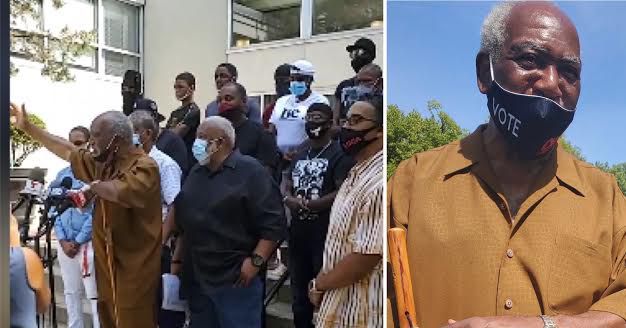
Congressman Danny Davis, who joined with CBUC in condemning the
above mentioned union apprenticeship programs, is calling for a renewed push of
Black union workers in hopes that the nationwide reckoning with systematic
racism over the summer can lead to increased Black union membership.
“We’re going to have to do something about it. Don’t tell us
there is no room at the inn, because if there’s no room, then we just have to
kick the door down and come on in anyway. I’m tired of seeing young men on my
block standing around with nothing to do, because they can’t get into these
trade unions.”
Some of Chicago’s unemployed Black tradesmen, who are
certified in skill trades but hit brick walls in seeking union work, gathered
this past Labor Day to protest how they have been systematically blocked from
jobs leading to living-wage careers as Journeymen tradespeople.
“I’m just disgusted, angered that we’re still fighting for
something we were fighting for in the ’90s, when my mother was alive,” said
Guana Stamps, of Humboldt Park, whose three sons are seeking pathways to
becoming electricians or plumbers.
Stamps is daughter of the late legendary activist Marion
Stamps, and in July, she testified
before the City Council, saying that eradicating racism in unions would create
jobs and help solve Chicago violence. As Read out it “a gun won’t fit in a hand
that’s got a hammer in it.”
CBUC is currently accepting testimony to build a case for a
class action lawsuit in order to receive compensation for Black workers who
have been denied jobs. CBUC believes
that many students who worked to gain access to the trades and a middle-class
lifestyle were wrongfully denied that opportunity, which would be a breach of a
city ordinance.
“An ordinance passed under the late Mayor Washington
stipulated workers on public works jobs must be 50 percent city residents. We
don’t believe that’s enforced,” Read said. “All the Black children who
graduated from trade programs at high schools like Dunbar, CVS and Simeon
between 1999 and 2018 believed they could enter the trades. These numbers
clearly show they could not. So, we believe they too have standing in a
class-action lawsuit.”
Though past wages have been lost due to the lack of opportunity for Black workers in the trades, future opportunity and income is still available. Right now, there are 13 major Chicago megaprojects in the works. Some are already under construction, while others are decades away from completion, such as a $6 billion plan to turn 55 acres of industrial riverfront real estate between Lincoln Park and Bucktown into a sprawling mixed-use campus. Another huge project is underway to redevelop Chicago’s historic Union Station and surrounding Amtrak properties. These mega projects are projected to create high demand for construction jobs in the city limits.
“The City Of Chicago alone is projected to create a $40
billion to $60 billion construction boom in the next two years,” CBUC said in a
statement. “That means that very few African Americans will be able to obtain
jobs in the unions that awarded contracts in these new developments,” due to
the fact that black workers are behind the eight-ball as a result of rampant racially
based union apprenticeship discrimination toward them and their families.
If you believe that you have been racially targeted and denied a union construction trade apprenticeship opportunity in the State of Illinois, and would like to be added to CBUC class action lawsuit, contact CBUC @
Chicago Black United Communities
330 E. 37th St., Chicago, IL
773-548-2000

